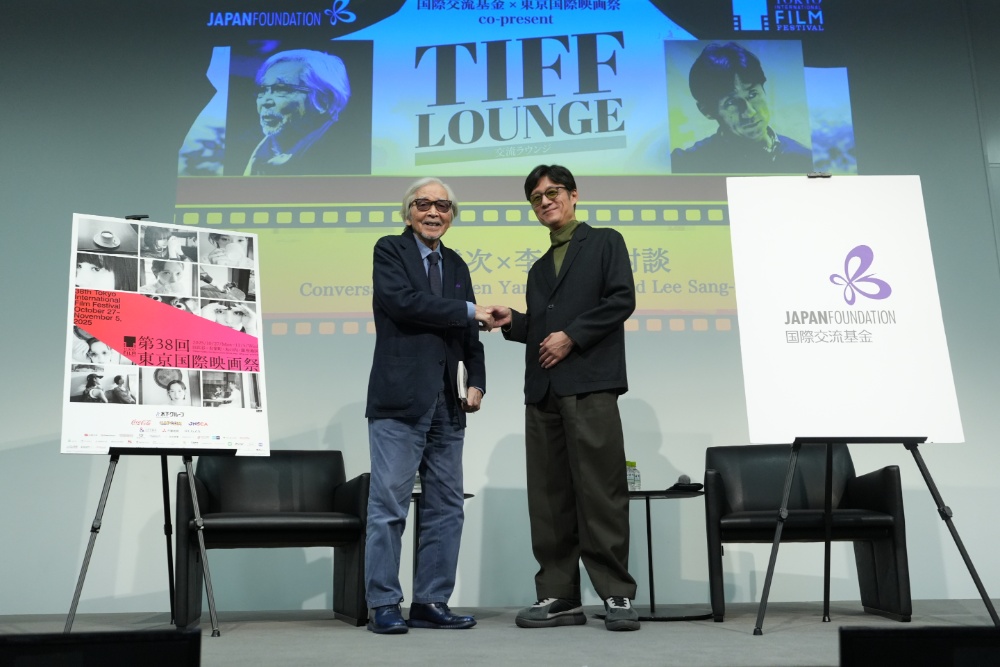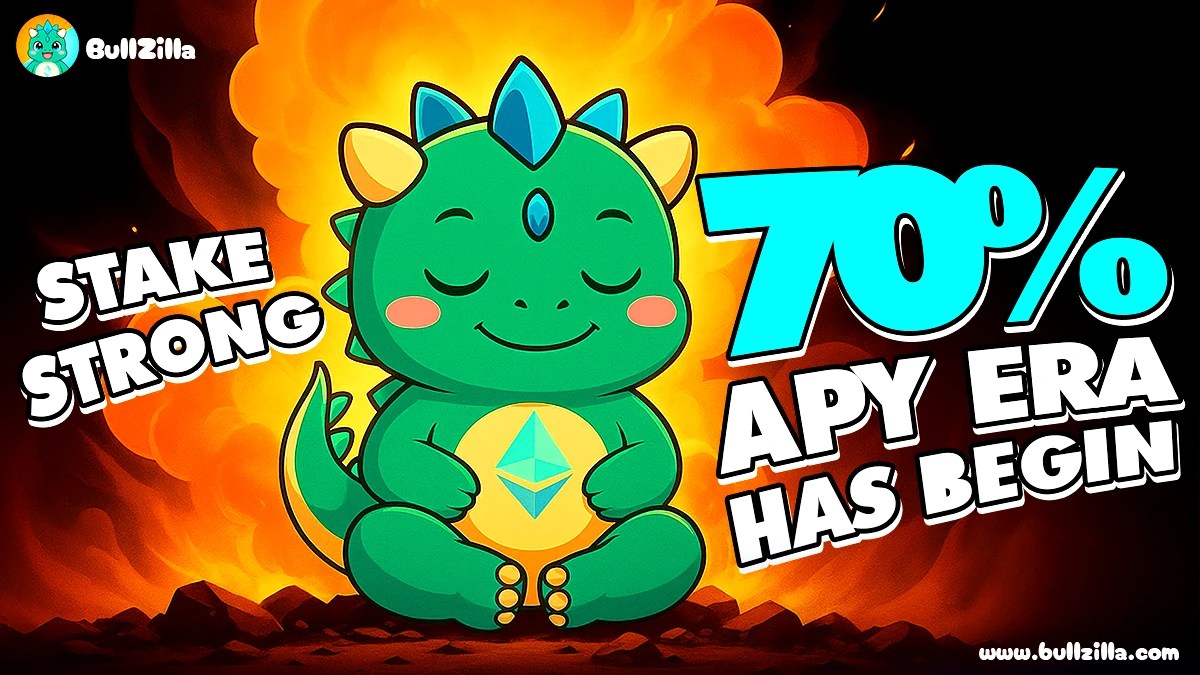The Tokyo International Film Festival’s TIFF Lounge series of talks and masterclasses recently featured a compelling conversation between two acclaimed directors: Yamada Yoji, director of the festival Centerpiece film *Tokyo Taxi*, and Lee Sang-il, recipient of this year’s Kurosawa Akira Award for his film *Kokuho*.
Yamada, aged 94, boasts a lengthy and iconic filmography that includes the beloved 48-episode *Tora-san* series, which ran from 1969 to 1995. Lee, 51, has achieved remarkable success with *Kokuho*, a record-setting hit since its release in June, having earned more than $100 million.
Both directors expressed deep admiration for each other’s work. Lee referred to Yamada as a “national treasure” — a phrase that interestingly is the English translation of *Kokuho*, Lee’s film title. Meanwhile, Yamada humbly remarked that placing his modestly budgeted *Tokyo Taxi* alongside Lee’s lavishly staged Kabuki drama made him feel “embarrassed” and that he was there “to watch and learn.”
Yamada praised *Kokuho* for its unique approach, noting that it “is exceptionally good precisely because it’s different from typical films about male friendship.” The film revolves around two men who become performers of female roles, or *onnagata*, in Kabuki theater, focusing on their artistic suffering and intense rivalry.
“Usually in a film like that, a woman always gets involved between [the two men], so you have a simple relationship dynamic,” Yamada explained. “This movie isn’t like that. I was amazed you managed to express something so complex so well.”
He compared *Kokuho* to the 1984 Mozart biopic *Amadeus*, where jealousy and sabotage occur between the protagonists. But in *Kokuho*, Yamada said, “there’s an ‘art’ at the center of the drama. Above all, they dedicate themselves to their art.”
Yamada was especially impressed with how the lead actors fully embodied their female stage roles. “How did they pull it off?” he wondered.
Lee revealed that stars Ryo Yoshizawa and Ryusei Yokohama spent a year and a half preparing, learning Kabuki from scratch. “Honestly, for the first few months, I’d occasionally go observe them, and it would give me a headache,” Lee admitted. “I’d wonder if they’d ever get it. But that rehearsal process, where they pushed each other to improve, directly shaped the relationship between their characters.”
The conversation also touched on veteran dancer and actor Tanaka Min, who appears as an elderly Kabuki *onnagata* in *Kokuho* and as a sword-wielding opponent in Yamada’s 2002 Oscar-nominated film *The Twilight Samurai*.
Yamada humorously recalled Tanaka’s early struggles: “He had a good face and a good voice. But his acting — he was just terrible, really terrible. We rehearsed everything, every single thing. And it just didn’t work. So we had to drill in [the dialogue], word by word.”
Despite Tanaka’s later success as an in-demand actor, Yamada joked to audience laughter, “I watch him sometimes, and he hasn’t improved at all.”
Lee offered a different perspective, emphasizing Tanaka’s “dancerly presence” that perfectly suited the role. “It’s enough just for him to be there, you know? That presence and the way his body moves. He has this unique way of moving his body, and when that combines with his voice, it creates this magical presence.”
Shifting focus, the discussion turned to *Tokyo Taxi*, Yamada’s remake of the 2022 French-Belgian drama *Driving Madeleine*. The film stars frequent Yamada collaborator Baisho Chieko as an elderly woman who asks her taxi driver — played by former pop star Kimura Takuya — to take her to memorable places from her Tokyo life before arriving at a retirement home in Yokohama where she plans to spend her remaining days.
Yamada shared his admiration for Kimura’s dedication, recalling his earlier work with him in the 2006 samurai drama *Love and Honor*. “He’s just as serious as a taxi driver stirring natto (fermented soybeans) into his breakfast rice as he was as a samurai in the earlier film,” Yamada said. “He’s like, ‘I have to do this properly, seriously. That’s who I am.’ Even when his own scene is over, he always stays until the end, on the set. Big stars usually show up late or don’t care [about staying to the end], but he never does that.”
Lee noted that during his visit to Yamada’s set, the director was “always right next to the camera, always watching the actors from the closest spot.”
“I tried it myself, kind of half-jokingly,” Lee added. “I realized how much it matters having the director right there is incredibly important. That lesson has stayed with me ever since.”
He observed that younger directors tend to watch a monitor positioned some distance from the camera, a practice he finds difficult to accept. “If I were an actor, I’d hate it,” he said.
During the Q&A, the directors were asked about the enormous global popularity of Japanese animation compared to the relatively low international profile of Japanese live-action films.
Yamada acknowledged that the profits from Japanese anime are “huge,” while those of Japanese live-action films “are practically negligible by comparison.”
“That’s incredibly frustrating and sad for us Japanese artists,” he said. “Seventy years ago, when I started going to movie theaters, Japanese films were incredibly vibrant and the cinema scene was rich. We have to do something. It’s not just up to us; the Japanese government must seriously take notice of this too. It’s a national issue.”
He pointed to Korean cinema’s remarkable global success, saying, “Why is Korean cinema demonstrating such incredible power? Because Korea is genuinely committed to making films, truly responding to cinema. That’s why I hope Japan, as a national policy, will support film. I hope that kind of initiative can emerge from Tokyo.”
—
This insightful dialogue between two masters of Japanese cinema highlights both the challenges and hopes for the future of Japan’s film industry, celebrating artistic dedication and the enduring power of storytelling.
https://variety.com/2025/film/festivals/yamada-yoji-lee-sang-il-tokyo-1236566546/



